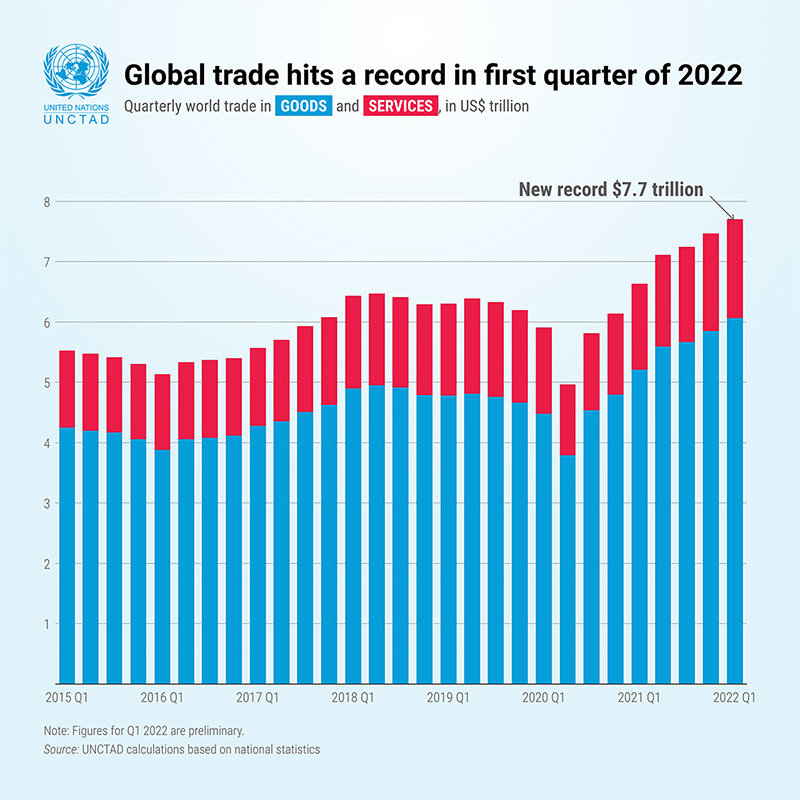The World Trade Organization (WTO) commemorated the 30th anniversary of the Marrakesh Agreement on April 15th, 1994, a landmark accord that established the body as the cornerstone of the contemporary global trading system. Signed by 123 nations, the agreement ushered in a new era of international commerce, guided by principles of transparency, fairness, and predictability.
WTO Director-General Ngozi Okonjo-Iweala hailed the anniversary as a testament to the collective vision of WTO member countries. "Thirty years ago, a shared desire to leverage trade for global progress propelled countries to unite," she remarked in a commemorative video. The Marrakesh Agreement, she emphasized, laid the foundation for a "global public good," aiming to elevate living standards, generate employment opportunities, and foster sustainable development through international trade.
The WTO's three decades have coincided with a significant expansion in global trade. As trade barriers diminished, international commerce flourished, contributing to economic growth and poverty reduction. WTO statistics suggest that over 1.5 billion people have been lifted out of extreme poverty during this period, substantiating the promise embedded in the Marrakesh Agreement.
However, the anniversary comes at a time when the WTO itself is navigating a period of introspection. The organization has faced criticism for its sluggish dispute settlement process and its perceived inability to address contemporary trade issues such as digital commerce and environmental sustainability. Some member states have also expressed frustration with the WTO's decision-making mechanisms, which require consensus from all members, making it challenging to implement reforms.
Looking ahead, the WTO acknowledges the need for adaptation. Director-General Okonjo-Iweala highlighted the evolving nature of global commerce and the emerging challenges of ensuring socioeconomic inclusion and sustainability. The WTO, she affirmed, is resolute in its commitment to serving as a platform to address these contemporary concerns while preserving the core tenets of the Marrakesh Agreement.
The commemoration of the Marrakesh Agreement serves as a springboard for the WTO to embark on a new chapter. The organization faces the dual challenge of safeguarding the established trade framework while spearheading efforts to address the evolving needs of the global economy in the 21st century. Whether the WTO can successfully navigate this course correction will be a defining factor in shaping the future of international trade.

